IN Magazine sits down with queer Muslim author, Samra Habib…
For Samra Habib, faith, feminism, and queer sexuality are intrinsically linked. Despite common perceptions that these aspects of experience and identity must be at odds, Habib’s story is a testament that it is possible to find a safe space as a queer Muslim and to live a life of fulfilment and authenticity. In her newly released memoir, she draws readers back to her difficult upbringing in Lahore, Pakistan, as part of the Ahmadiyyat sect, who were persecuted by religious extremists in the area. At 10 years old, Habib and her family moved to Toronto as refugees and settled into life in Canada, where she faced a whole new set of challenges. She traces her path through poverty, bullying, and an arranged marriage, ultimately charting her journey across the globe, as she eventually finds freedom and truth.
Here, we discuss her career path as a writer and photographer, the inspiration behind her new book, We Have Always Been Here: A Queer Muslim Memoir, how the writing process impacted her, and her insight on how feminism can better embrace intersectionality in terms of faith and sexuality.
Did you always want to be a journalist and photographer? How did you get to where you are now?
I was always interested in telling stories. I remember writing for children’s magazines when I was a child in Pakistan and my mom would submit the stories. I think journalism and photography are two of the outlets for me to tell stories.
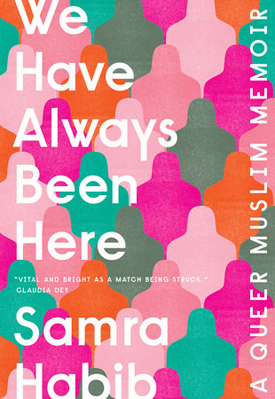
Congratulations on your new book, We Have Always Been Here: A Queer Muslim Memoir! What inspired you to write this memoir? And what made you decide this was the time to write it?
After working on my photo project about queer Muslims and traveling around the world, it became pretty evident to me that there was a lack of queer Muslim role models who young people could look up to. I wanted to share that even though there is so much trauma connected to being a queer Muslim, there is also so much joy and pleasure.
For those who haven’t read it yet, how would you describe it briefly?
It’s about my search for the safety to be myself, which takes me to the far reaches of the globe to uncover a truth that was within me all along. It is a rallying cry for anyone who has ever felt out of place and a testament to the power of fearlessly inhabiting one’s truest self.
What sort of feedback have you been receiving?
It’s mostly been positive and validating.
You go into a lot of intimate details in this book. How did you get the courage to be vulnerable through your writing? Was this difficult for you?
I made the decision to start therapy while writing the book. It was like being guided and supported while uncovering different parts of myself.
Has writing this memoir changed you in any way?
I’m kinder to myself and have more insight into my reaction to the world and my surroundings.
Your story breaks down the barriers between faith and feminism and queer sexuality, which are often perceived as being at odds. Can you talk a bit about how these three sides of your identity and experience intersect?
For me, all of these identities inform each other. My feminism is informed by my queer sexuality and my lived experience as a Muslim woman. I think feminism must make room for intersectionality in order to be inclusive.
In what ways is your feminism informed by your queer sexuality and lived experience as a Muslim woman? What does this look like for you personally?
I’m more aware of the lack of other queer Muslim women in the feminist spaces I am in and do what I can to help change that. I hope that my experience as a queer immigrant Muslim woman who has faced many class, socioeconomic, and cultural barriers helps add another perspective to the conversation around access. To be truly representative, it’s important to be inclusive.
In terms of feminism making more room for intersectionality in order to be inclusive, do you have any insight on how this can happen or what this would look like? Particularly in terms of faith/sexuality?
By making sure that not everyone you are engaged in a conversation with looks like you and has had a similar upbringing. Hiring individuals in positions of power from a diverse range of backgrounds and making sure your boards represent different voices are a good start. I also feel that mentorship is incredibly valuable. Creating spaces for voices from historically marginalized groups to flourish will help contribute to a shift in conversation around inequality.
What was your experience like looking for a safe space to exist as a queer Muslim? What is your advice to other people who are struggling to find a safe space within their own religious traditions/communities?
It took me a long time to find a community that would accept my authentic self. But I think the first step to finding a safe place is finding safety within yourself. Find support groups in your community where you can feel free to be yourself. If you have the means, invest in therapy so you feel like you can begin to heal.
You are also known for your Tumblr portrait project “Just Me and Allah.” Could you tell us a little bit about this, and what your inspiration was? Is this something you’re still working on?
I’m currently taking a break to focus on book-related projects. I started the project in order to humanize other queer Muslims like myself who were looking to belong. I wanted them to tell their stories in their own words and created a platform where they could do that.
You’re also very involved in international LGBTQ organizations. What do you hope to see change or shift through this activism?
I see a need for access to mental health supports for a lot of the queer Muslims I talk to, especially those who are younger. I hope to see that happen and I would also love to see a lot of queer Muslims in roles where they can provide mental health supports to others using their lived experience.
Travel plays an important part in your story, and I was wondering, what do you love about travelling, and what locations do you have on your travel bucket list?
I love traveling and experiencing a different version of myself and being surprised. I would love to visit Morocco and Iceland.
What’s next for you?
A nap. 🙂 I would love to take some time to reflect on the past few years and think about what I have learned and where I would like to go next.

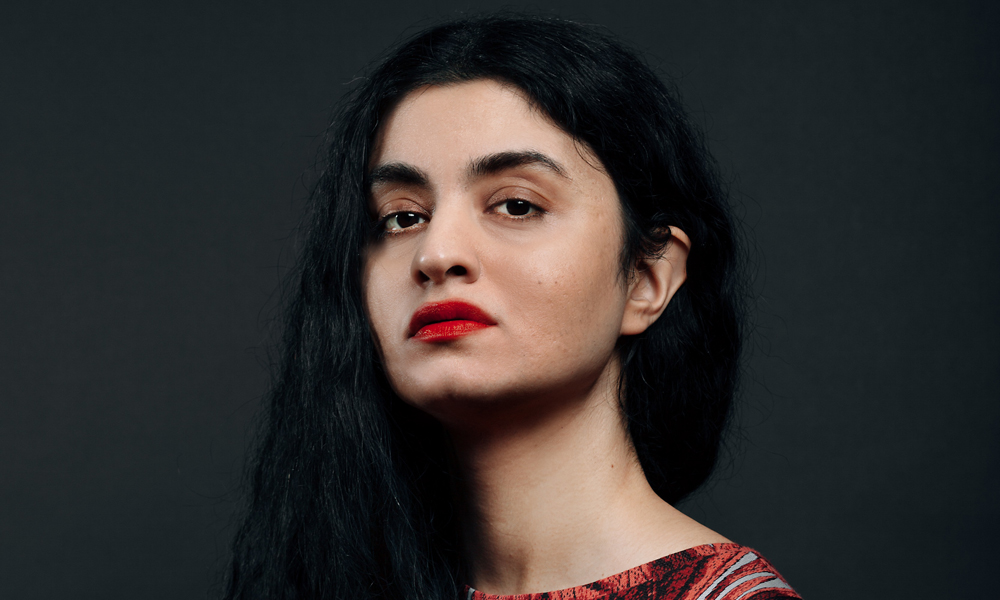
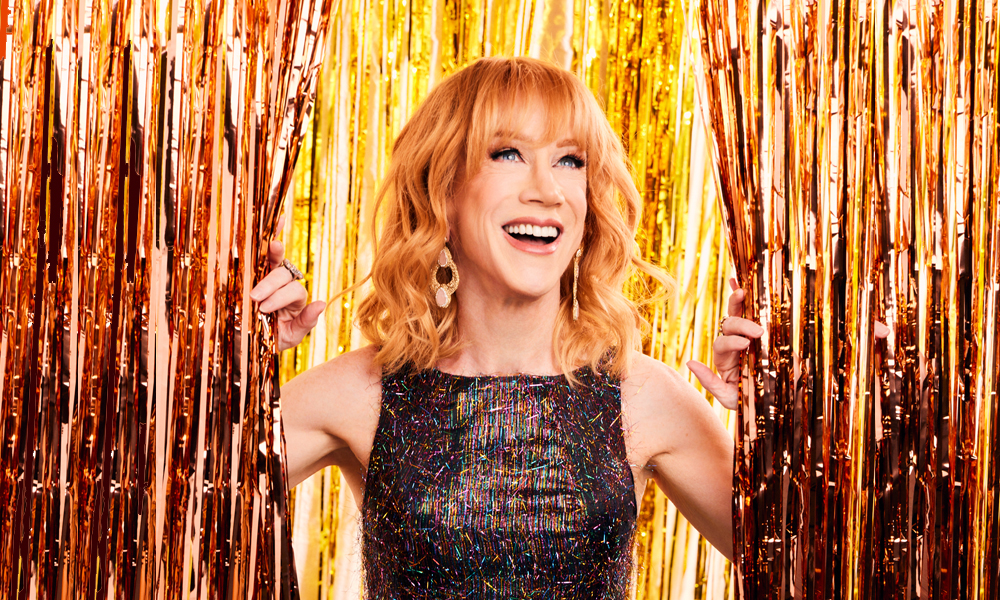
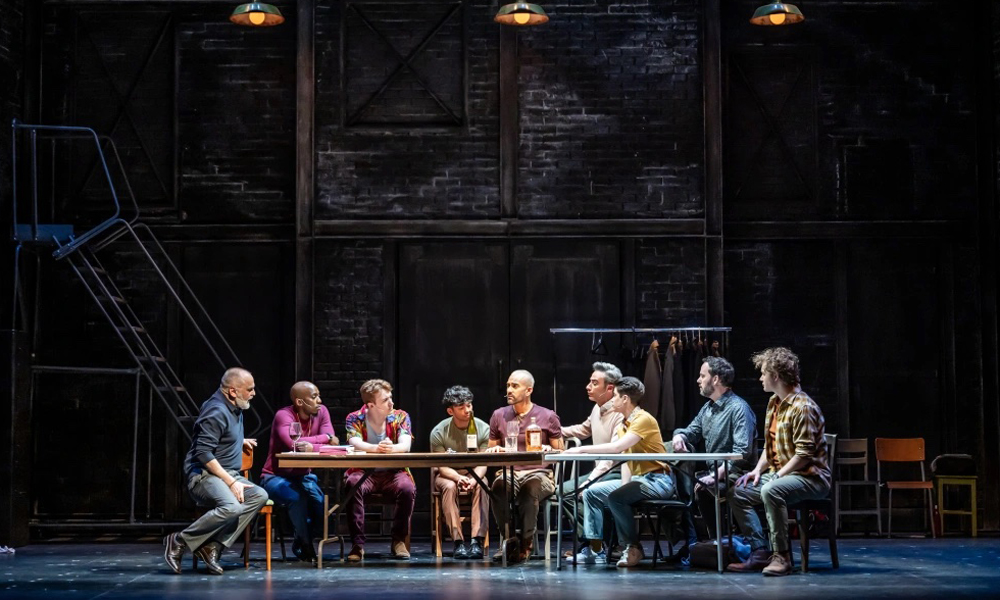
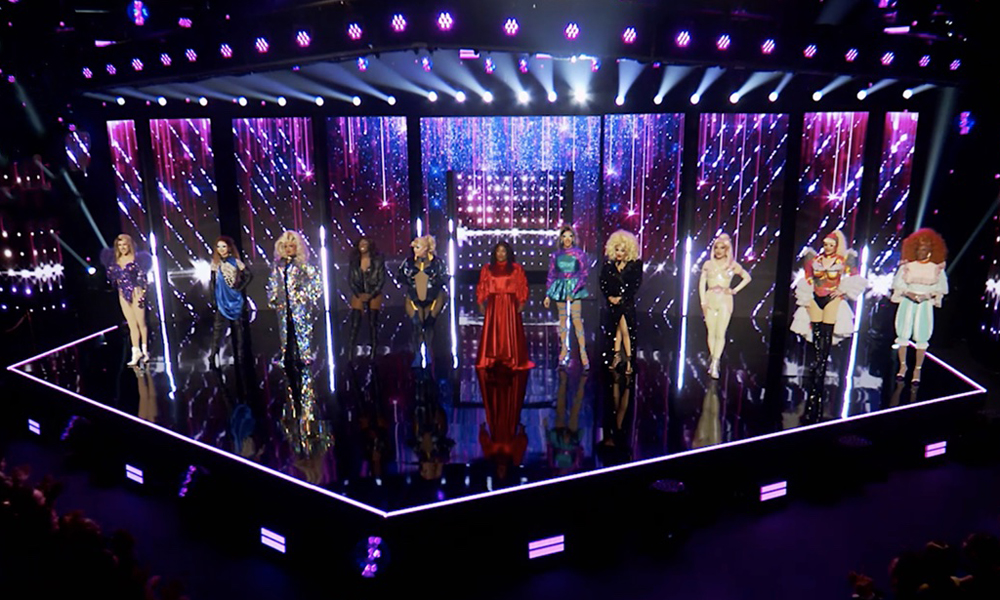

POST A COMMENT